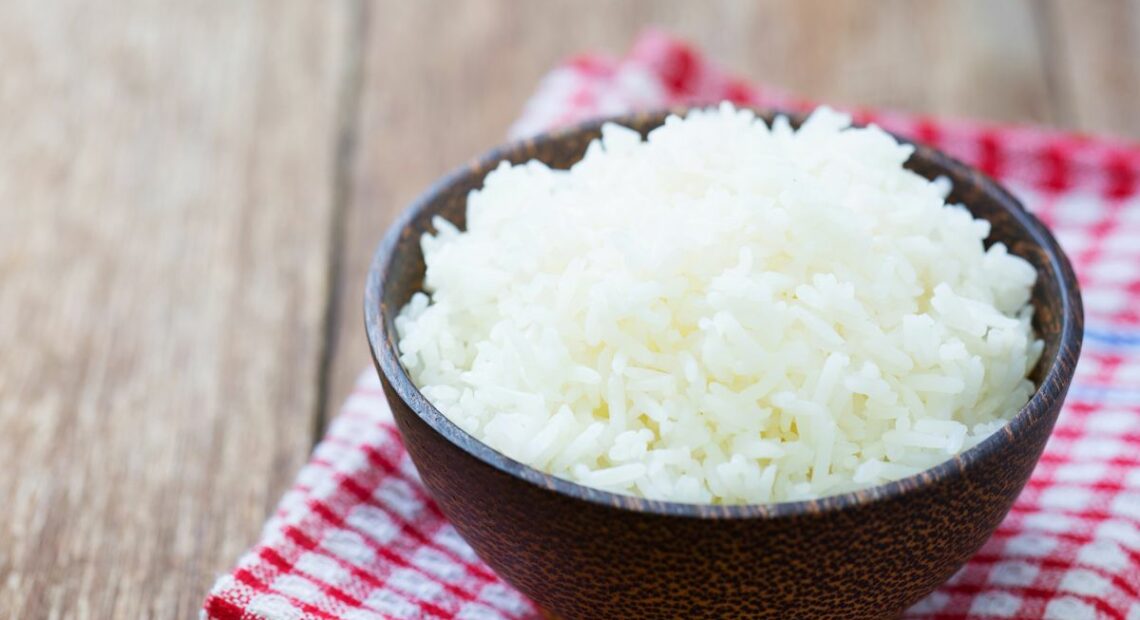The Surprising Benefits of Eating White Rice

White rice, often criticized for its high carbohydrate content, has been a staple in many cultures around the world for centuries. While it may not have the same level of nutritional value as its brown or wild counterparts, white rice offers several surprising benefits that make it a valuable addition to a balanced diet. In this blog post, we will explore some of the benefits of eating white rice and shed light on its role in maintaining a healthy lifestyle.
- Energy Source: White rice is an excellent source of energy due to its high carbohydrate content. Carbohydrates are the body’s primary source of fuel, providing the energy necessary for everyday activities and bodily functions. Consuming white rice can help replenish glycogen stores and provide a quick source of energy, making it ideal for athletes, active individuals, and those needing an energy boost.
- Easy to Digest: Compared to whole grains, white rice is relatively easy to digest, making it suitable for people with digestive issues or those with sensitive stomachs. The milling and polishing process removes the outer bran and germ layers, leaving behind a grain that is more gentle on the digestive system. It can be particularly beneficial during periods of illness, recovery, or when a bland diet is required.
- Gluten-Free and Hypoallergenic: White rice is naturally gluten-free, making it an excellent alternative for individuals with gluten sensitivities or celiac disease. It is also considered hypoallergenic, meaning it rarely causes allergic reactions. As a result, white rice can serve as a safe and versatile option for those following specialized diets or dealing with specific dietary restrictions.
- Source of B Vitamins: While white rice lacks some of the nutrients found in whole grains, it remains a good source of B vitamins, such as thiamine, niacin, and folate. These vitamins play essential roles in supporting the nervous system, promoting healthy metabolism, and aiding in the production of red blood cells. By incorporating white rice into a well-rounded diet, individuals can ensure an adequate intake of these crucial B vitamins.
- Mild and Versatile: White rice has a mild flavor and a soft, fluffy texture, making it an adaptable ingredient in a wide range of dishes. It serves as an excellent base for stir-fries, curries, pilafs, and various other recipes. Its neutral taste allows it to complement a variety of flavors and spices, making it a popular choice in diverse culinary traditions worldwide.
While white rice may not offer the same nutritional profile as its unprocessed counterparts, it still holds several benefits that make it a valuable part of a balanced diet. Its energy-boosting properties, ease of digestion, gluten-free nature, B vitamin content, and versatility in cooking all contribute to its appeal. Remember to consume white rice in moderation and incorporate a variety of whole grains and nutrient-rich foods into your overall diet for optimal health.
Picture Courtesy: Google/images are subject to copyright








